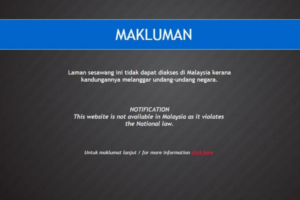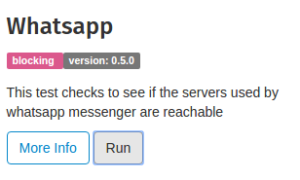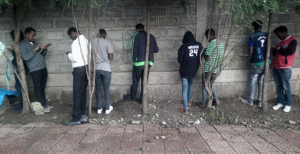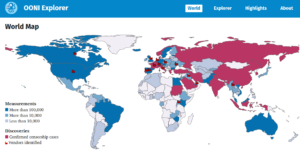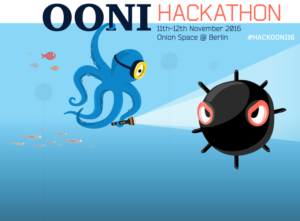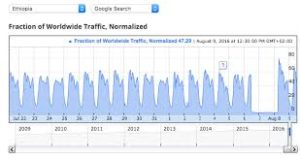Over the last five months we ran OONI tests in Kenya almost every day to examine whether internet censorship events were occurring in the country. Hundreds of thousands of network measurements were collected and analyzed. 1,357 URLs were tested for censorship, including both international websites and sites that are more relevant to Kenya (e.g. local news outlets). Yet, after five months of intensive testing from four local vantage points in Kenya, we found almost no signs of internet censorship in the country.
Read the post here.
Publisher: Open Observatory of Network Interference & CIPIT Strathmore University
Publication date: 27th December 2016

